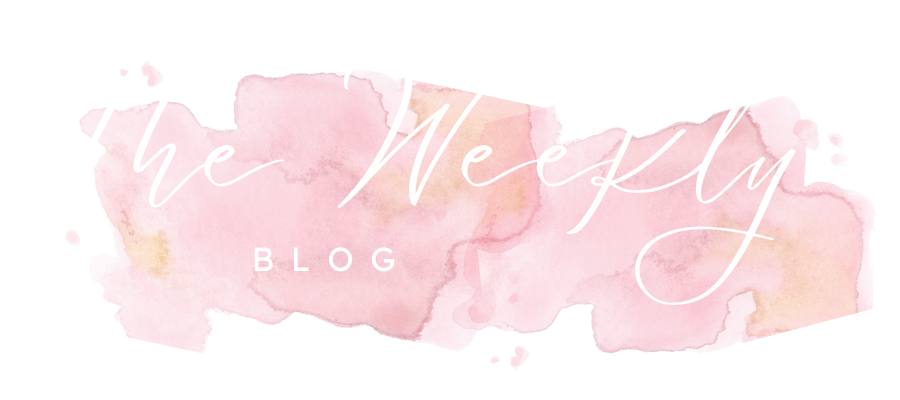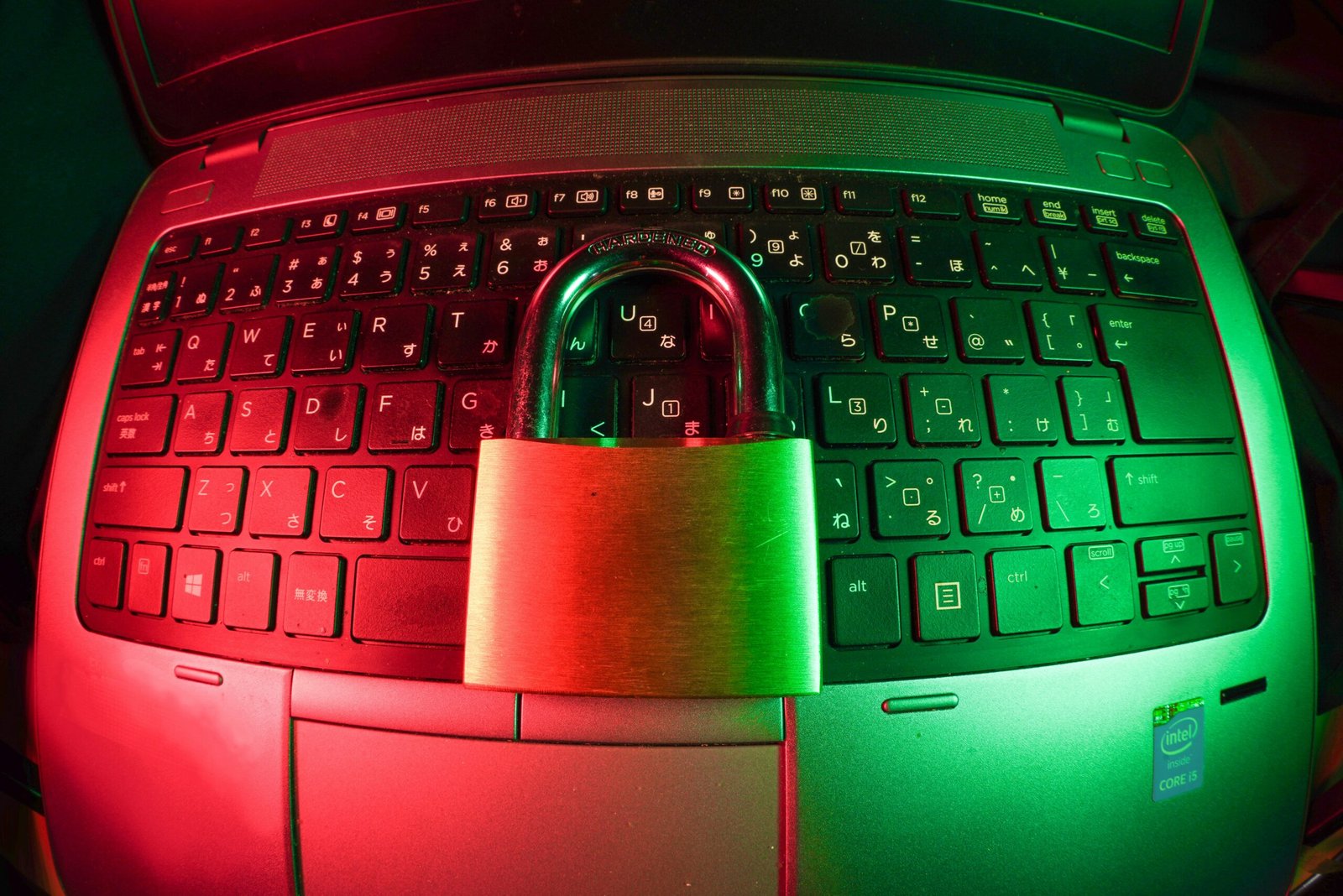Privacy, Cybersecurity, and Ethics in 2025: Navigating the Digital Tightrope
In a world run by algorithms and connected by invisible threads, protecting our data, identity, and values is no longer optional—it’s essential.
🧠 Introduction: Why Privacy and Ethics Matter More Than Ever
In 2025, nearly every aspect of our lives is online—from our finances and friendships to our health, voice, and even our face. AI tools complete our sentences. Smart cameras track our routines. Algorithms decide what we see, what we buy, and sometimes, what we believe.
But who is watching the watchers?
This post explores the urgent intersection of privacy, cybersecurity, and ethics in today’s hyperconnected world—and why it matters for individuals, companies, and governments alike.
🔒 Privacy in 2025: The Illusion of Control?
📊 Data Is Still the New Oil… But Now It’s More Personal
In 2025, we’re no longer just giving up cookies and browsing history—we’re handing over:
- Biometric scans
- Voice patterns
- Facial recognition data
- Emotion detection
- Genomic data from wearables
Even AI models can now infer private details you never explicitly shared, like your age, relationships, income level, or medical risks—just from your digital behavior.
⚠️ Challenges to Privacy Today
| Risk | Description |
|---|---|
| Overcollection | Platforms collect way more data than needed “just in case” |
| Inference Attacks | AI can deduce private traits from minimal input |
| Always-On Devices | Smart homes and wearables never stop listening |
| Consent Fatigue | Users blindly accept terms they don’t read |
| Shadow Profiles | Even non-users are tracked through associated data |
🛡️ Cybersecurity: The Invisible War
In 2025, cyber threats aren’t just about ransomware or phishing. They include:
- AI-powered attacks that mimic voices or write convincing spear-phishing emails
- Synthetic identity fraud, using deepfakes and leaked data to create “ghost people”
- Zero-day exploits accelerated by automated vulnerability scanners
- Supply chain hacks embedded into third-party services
- Quantum threats (on the horizon): potentially breaking today’s encryption
🔐 Cyber Defense Must Be Proactive
✅ Companies are investing in:
- Zero Trust Architecture
- AI-driven threat detection
- Post-quantum cryptography pilots
- Continuous penetration testing via red-teaming bots
- Decentralized backups & biometric MFA (multi-factor authentication)
But for every defense, AI makes attackers faster, cheaper, and more anonymous.
⚖️ Digital Ethics: Beyond Legal, Toward Responsible
Technology is advancing faster than regulation. That leaves us with a critical question:
🧭 Ethical Flashpoints in 2025:
| Topic | Ethical Question |
|---|---|
| AI-generated content | Should creators disclose when content is synthetic? |
| Emotion tracking | Is it okay for devices to monitor mental states without consent? |
| Surveillance capitalism | Are targeted ads ethical if they manipulate emotions? |
| Facial recognition | Who should control when and where your face is scanned? |
| AI hiring tools | Can automated systems really make fair decisions? |
🌍 Emerging Frameworks:
- EU AI Act: Categorizes AI use by risk level and sets transparency requirements
- Digital Bill of Rights (US & EU proposals): Focused on privacy, explainability, and user control
- Algorithmic Audits: Independent reviews of black-box AI systems
- Ethical AI principles: Adopted by corporations, but still voluntary in many cases
👤 The Human Cost: Surveillance, Bias, and Autonomy
Without ethics, tech can amplify injustice.
Real-World Risks:
- AI bias reinforcing systemic inequality
- Surveillance chilling free speech and activism
- Deepfake revenge porn and harassment
- Predictive policing with flawed data
- Emotion-manipulating algorithms affecting children and mental health
🧩 What Individuals Can Do in 2025
🔐 Protect Your Privacy
- Use privacy-focused browsers (Brave, Firefox, DuckDuckGo)
- Disable unnecessary app permissions
- Use encrypted messaging (Signal, ProtonMail)
- Don’t overshare personal details on AI tools
🧠 Ask the Ethical Questions
- Who built this tool?
- What does it know about me?
- Can I opt out?
- Would I be okay with a child using this?
🛠️ What Companies and Developers Must Do
- Design for consent: Make data permissions easy to understand
- Build transparency in: Use explainable AI wherever possible
- Run ethical audits: Regular reviews of algorithms and outcomes
- Avoid surveillance-by-default: Don’t collect data “just in case”
- Involve diverse voices: Especially in AI training and policy design
🔮 The Future: Towards a Trust-First Internet?
As AI and automation scale, trust becomes the most valuable currency online.
We may soon see:
- “Ethical Labels” on apps and platforms (like nutrition labels for data usage)
- Global Privacy Ratings (like credit scores for apps/sites)
- Personal AI firewalls that filter content and control data flow
- Decentralized identity systems where users own their data wallets
✅ TL;DR – The Privacy, Cybersecurity & Ethics Landscape in 2025
| Area | What’s Happening |
|---|---|
| Privacy | Data collection is deeper and more invisible than ever |
| Cybersecurity | AI-driven threats require AI-powered defenses |
| Ethics | The biggest challenges are no longer technical, but moral |
| User Action | Use privacy tools, demand transparency, and stay informed |
| Developer Action | Build with fairness, consent, and trust in mind |
🧠 Final Thought: The Tech We Build Reflects the World We Want
In 2025, technology is powerful enough to protect or exploit, to liberate or control.
We are not just building apps or platforms—we are shaping the digital society we will all live in.
Let’s build a future where privacy is respected, cybersecurity is resilient, and ethics are not optional—but essential.








